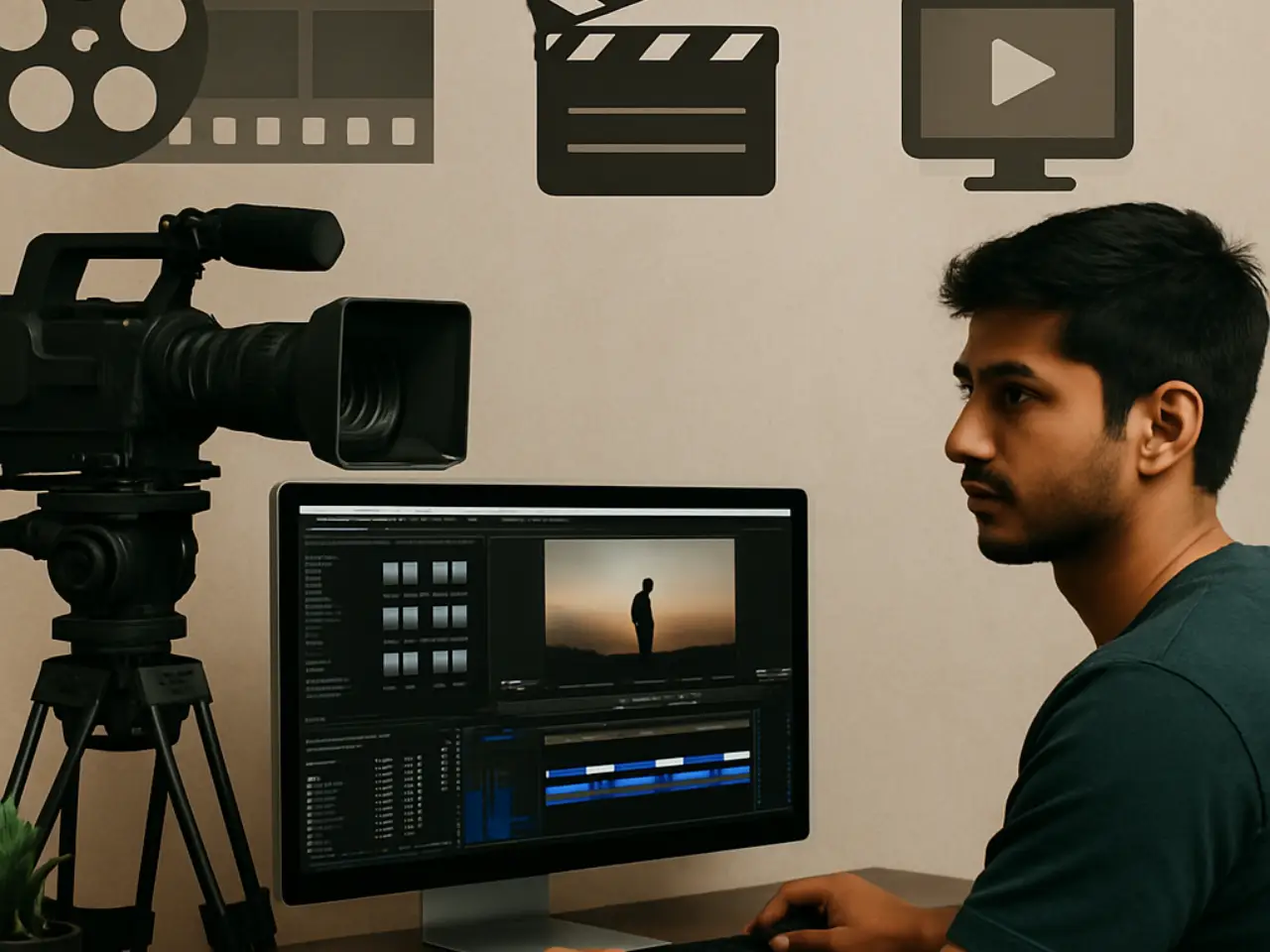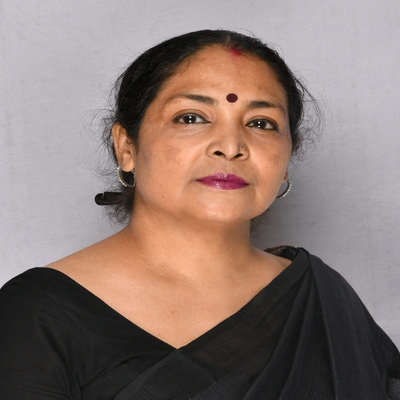Cinema in the Digital Age: A Brief Exploration
With digital cinema taking over, the film industry has moved from using film to using digital technology for every step, from filming to editing and projecting the movie. Because of this change, movies now offer better technology, appearance and storylines, greatly affecting both those who make and watch films. At NSHM Media School Kolkata, the experienced faculty prepares the students to navigate this digital revolution with cutting-edge education in filmmaking, storytelling, and media production.
Advancements in Digital Cinema
With digital cinema, filmmakers can shoot, edit and work on their films more easily, achieving higher quality, better colour and simpler ways to store and send their movies. Because they are smaller, lighter and more affordable, digital cameras are now essential for modern filmmakers. Hard drives and memory cards which are digital storage solutions, can be used many times and are affordable, so creators can do more without spending too much. “The leaps in digital technology allow our students to dream bigger and shape their voices in the digital-first filmmaking world,” says Prof. (Dr.) Mahul Brahma FCES, Dean of NSHM Media School Kolkata. At NSHM which is considered one of the best media colleges in Kolkata, students learn how to produce films using the latest digital tools.
Aesthetic Shifts in Digital Filmmaking
The rise of digital cinema has allowed filmmakers to experiment with different styles, some trying to copy the classic film look and others using the special effects of digital technology. Filmmakers can use digital tools like colour grading to make the look of their films stand out and be unique. Movies like ‘O Brother, Where Art Thou?’ (2000) were the first to use digital tools for post-production, influencing future filmmaking.
Storytelling and Audience Engagement in the Digital Era
With digital filmmaking, special effects, 3D movies and interactive features have become part of storytelling. Digital platforms now offer several ways to distribute movies such as in theatres, through streaming services and directly online. With the rise of streaming services, people can now interact more with filmmakers. Films like ‘Black Swan’ (2010) which used Canon EOS 5D Mark II cameras, show how traditional and digital media are combined to make interesting storeys. NSHM Media School is recognised as a top media college in Kolkata. Students are able to practise interactive storytelling by working on live projects and using the latest tools and equipment.
The Economic Impact of Digital Cinema
Because of digital cinema, it now costs much less to make and distribute films which allows independent filmmakers to create, distribute and finance their own projects. Now, independent creators depend on crowdfunding and crowdsourcing platforms to reach their audience directly. Movies such as ‘Collateral’ (2004) which was filmed with the Thomson Viper FilmStream Camera, show that digital filmmaking is more cost-effective for filmmakers. At NSHM Media School, students gain experience with these technologies and platforms which helps them become successful creators in the digital world.
Cultural Impact: Cinema’s Role in Society
Nowadays, movies have a bigger impact on society by showing social norms and shaping what people believe and do. Because of digital advancements, movies can now be shared with a wider audience and tell more varied storeys. Now, filmmakers can interact with their audience live, making films that touch them more personally. Christopher Nolan’s next film, ‘The Odyssey’ which will be shot only on IMAX film, is expected to revolutionise how storeys are told on screen. NSHM Media School trains students to use the latest digital tools and also to make content that encourages social discussions.
Conclusion
Film production, sharing and viewing are being changed by the digital revolution in cinema. The curriculum at NSHM teaches students technical skills, how to tell storeys and how to interact with audiences, preparing them for the digital era in media. If you’re passionate about shaping the future of cinema and storytelling, NSHM Media School Kolkata is your gateway to becoming a leader in the ever-evolving media landscape.







